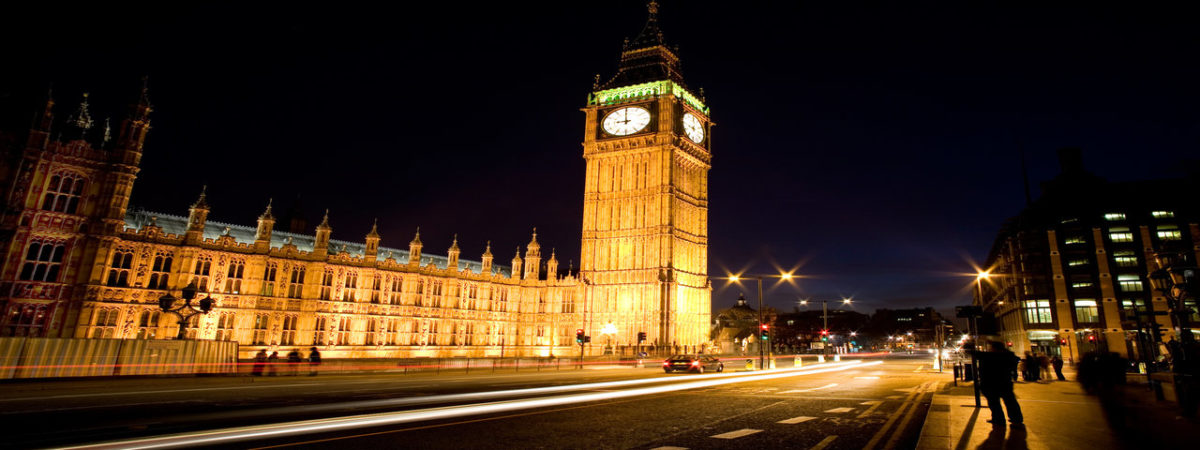An Alternative Queen’s Speech
SUGGESTED

New IEA research on Thatcher, and the myth of deregulation


The IEA compile key policies to encourage deregulation, competition and growth
Tax
• HM government, conscious of the stealthy implications of fiscal drag, will pass a law such that all major tax thresholds (for income tax, NICs, inheritance tax, and stamp duty) will increase by the higher of earnings growth or CPI inflation each year.
Childcare
• HM government will bring forward a ‘Childcare Bill’ which will repeal vast swathes of regulation on the childcare and childminding sectors, including on staff-child ratios, Ofsted inspections and child carer qualifications. Existing statutory funding streams for childcare will be scrapped, except for a targeted means-tested demand subsidy for single parent households in receipt of welfare where the adult is in close-to full-time work.
Healthcare
• HM government will abolish the concept of ‘catchment areas’ in healthcare. Every patient will be allowed to register with any Clinical Commissioning Group (CCG) they see fit, regardless of their place of residence. This means that CCGs will cease to be local monopolies. The ‘internal market’, which has so far been about competition on the provider side, will be extended to the commissioning side. Healthcare commissioning will be opened up to non-NHS organisations. The ‘any qualified provider’ policy will be extended by an ‘any qualified commissioner’ policy. CCG budgets will take greater account of differences in health needs, as defined by the health status of the people registered with them.
Planning
• HM government will put forward a ‘Land Use Planning Bill’ which will consolidate and simplify existing planning law and abolish arbitrary distinctions of ‘green belt’, ‘green field’ and ‘brownfield’ land. The Bill will devolve planning decisions to local authorities, allowing them to experiment with development compensation mechanisms. Significant tax-raising powers will be devolved to local authorities such that the costs/benefits of development decisions are felt by local authorities and their populations.
• HM government will abolish the licensing of residential landlords including owners of houses in multiple occupation (HMOs). In addition, subdivision of houses into flats and bedsits, together with a larger range of extensions, will be reclassified as permitted development and will not require planning permission.
Transport
• HM government will bring forward legislation to privatise Network Rail through stock market flotation. The current franchising system and government subsidies will be phased out, and the infrastructure firm and train operators will be allowed to merge and de-merge, with the industry free to determine its own structure. Decisions on new rail infrastructure, including HS2, will be transferred to the privatised Network Rail and determined according to commercial criteria.
• HM government will introduce legislation to devolve decisions on airport expansion to the local level, with operators allowed to negotiate compensation deals with affected residents and councils allowed to keep the additional tax revenues generated by new developments within their jurisdiction.
Lifestyles
• HM government will amend the 2006 Health Act to allow owners of pubs and clubs to provide ventilated, indoor smoking rooms for their patrons.
• HM government will abolish grant funding for charities and other non-governmental organisations, with all grants replaced by contracts by 2017/18. It will extend the Department for Communities and Local Government’s ‘anti-sock-puppet clause’ to all departments to prevent taxpayers’ money being used for political campaigning.
Other
• HM government will abolish all forms of statutory funding of the BBC except for the World Service which will be financed by a Foreign and Commonwealth Office grant. The BBC Trust will be made independent of government and it will be entirely free to determine its own corporate structure and methods of funding.
• HM government will abolish the Research Excellence Framework by which university research is rated. The current system is expensive and leads to a misallocation of resources within and between universities.
• HM government will repeal legislation requiring it to spend 0.7 per cent of national income on foreign aid. The Department for International Development will have its budget cut by 25 per cent with immediate effect and will provide foreign aid strictly on a project-by-project basis, analysing the costs, benefits and risks of each intervention or each time assistance is provided and publishing that analysis.
Commenting on these recommendations, Professor Philip Booth, Editorial and Programme Director at the Institute of Economic Affairs, said:
“Recent Queen’s Speeches have offered little to comfort those in favour of smaller government and deregulation. We hope this Conservative majority government will favour free markets, and introduce legislation which will lower government spending whilst also increasing choice and improving outcomes for people across the UK.
“Whilst politicians have acknowledged the symptoms of high costs in areas such as childcare, rail and housing, there has been a complete failure to admit that the fundamental cause of these rises is government policies themselves. It’s now crucial that we see pro-market policies and a slashing of red tape to ensure Britain is a country in which both people and businesses can prosper.”
Notes to editors:
To arrange an interview about the proposals, please contact Stephanie Lis, Head of Communications: slis@iea.org.uk or 07766 221 268.
The mission of the Institute of Economic Affairs is to improve understanding of the fundamental institutions of a free society by analysing and expounding the role of markets in solving economic and social problems.
The IEA is a registered educational charity and independent of all political parties.



